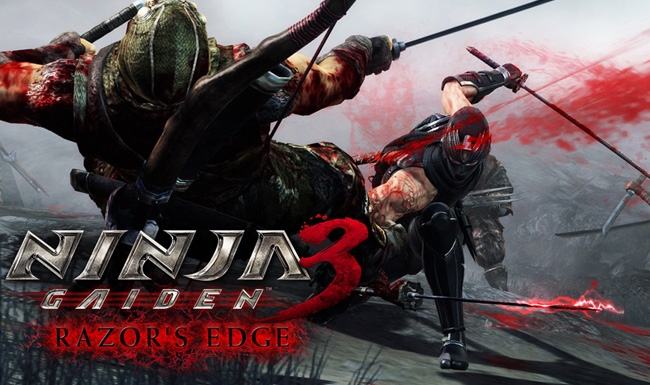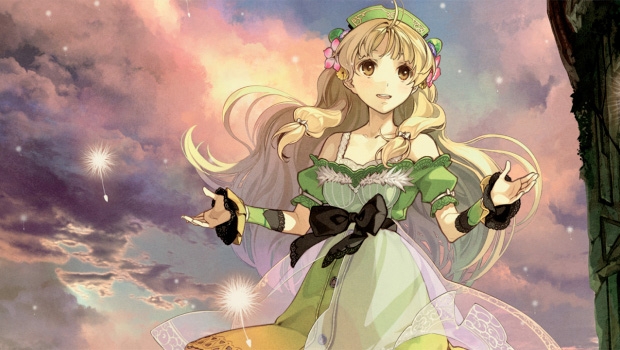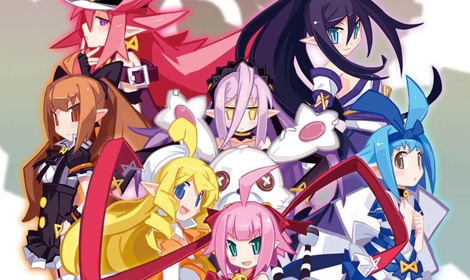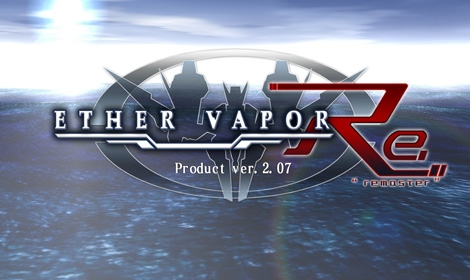
I’ll be honest, when I think of Tecmo Koei’s Ninja Gaiden series, the first three words that comes to my mind are: blood, flying limbs and ninja boobs, aside from dying repeatedly. So when Team Ninja initially tried to experiment with the magic formula that made Ninja Gaiden Sigma 2 such a success, by removing the obscene, over-the-top violence and dismembered limbs, my interest in the game plummeted lower than Ayane’s low-cut armor. Knowing full well that a director’s cut version, would eventually be released, I waited until Ninja Gaiden 3: Razor’s Edge’s inevitable announcement. Then the Wii U version of the game was released as part of the system’s launch lineup and my hype meter went over 9000.
Would the inclusion of what I (along with thousands of other gamers out there) see as the game’s primary features, make up for the departure of the series’ former iconic producer Tomonobu Itagaki? Well, it really depends on what you’re looking for.

With the recent announcement of Sony's PlayStation 4, in addition to the upcoming announcement of Microsoft's newest system and Nintendo's release of the Wii U, it's been an exciting time for fans of the role-playing genre. As with each generation, there are tons of new technological possibilities for long-running franchises such as Final Fantasy, Tales and Atelier. These games will be getting bigger and bolder, but just as importantly will have to stay true to the roots of their respective series. Tecmo Koei's recent release of Atelier Ayesha: the Alchemist of Dusk, exclusively for the PlayStation 3, does a good job of this. Combining the roots of the Atelier series with a new vibrant world creates a solid, albeit flawed, JRPG experience that should leave most fans satisfied.
Read more: Atelier Ayesha: the Alchemist of Dusk (PS3) Review

From the first time I touched a piano when I was eight, I've always found the universal language of music to be filled with layers of depth and intrigue. Although I was never an excellent player, I learned to appreciate the time and effort it takes to create and perform masterful compositions. As fans found out after visual novel developer Overdrive's last effort to encapsulate this feeling in a coming-of-age story with Kira Kira, the search for a musically inspired passion for life can make a fantastic story.
The company's latest musical endeavor, Deardrops, had one simple goal in mind: to create a spiritual successor to the aforementioned series. While Deardrops certainly does rekindle some of the magic from Kira Kira, and to a much lesser extent Kira Kira: Curtain Call, Deardrops often hits a flat note and sputters off-key in places where its predecessor excelled. This is largely in terms of pacing and a rather exhausting common route.

Ready to conquer the universe? In NISA's newest import title Mugen Souls, you take on the role of the charismatic (and slightly hot-tempered) ChouChou. This daring self-proclaimed "goddess of the universe" has only one goal: to make everything in the galaxy belong to her just because she wants to. It's just not enough to conquer one planet in the solar system: you'll need to conquer all seven planets, their continents, and pretty much every life form that can be found. Luckily, she has a small crew and a ship to help make the journey easier.

Bullet hell shooters such as the Touhou series are frightening affairs to me, but a lot of people consider them to be fun and hectic games that provide a solid challenge to gamers worldwide. Ether Vapor Remaster is a recent addition to this genre. Brought to English-speaking audiences by the publisher Nyu-media, Ether Vapor was originally released in 2006 by the doujin company Edelweiss. I managed to snag a copy from a friend when it first came out, and upon hearing about the release of the ’remastered‘ version, I knew I had to try it.
Page 11 of 21
